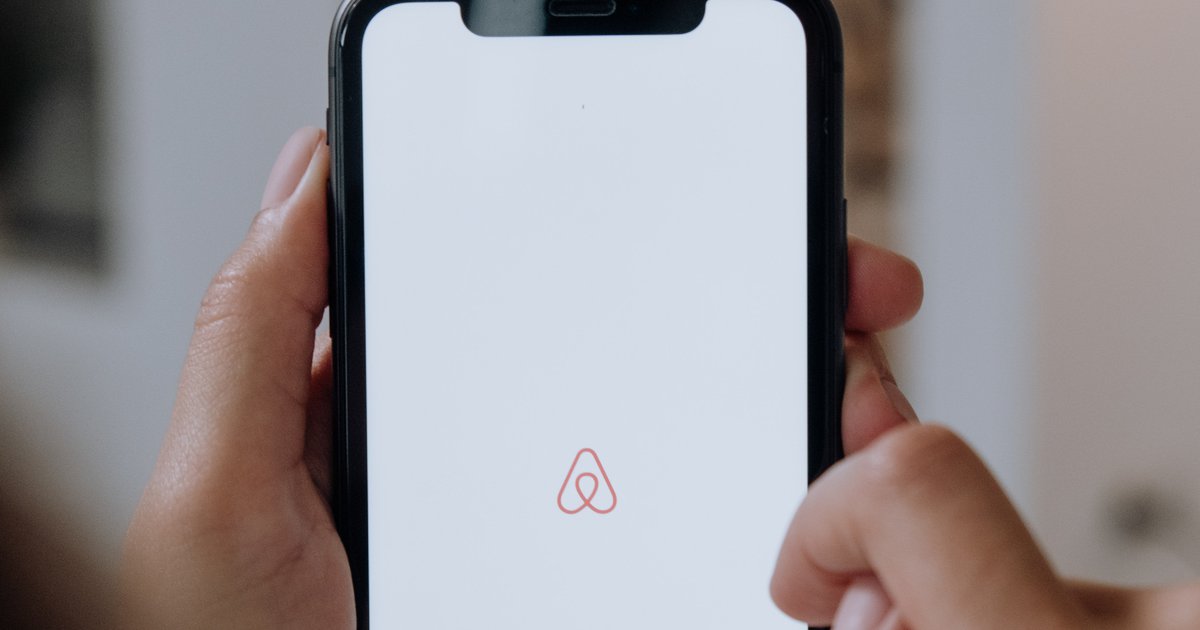Airbnb’s Licensing and Security Code Regulations Take Effect in Philadelphia in 2023
As 2023 kicks off in Philadelphia, Airbnb hosts face a tougher set of regulations for their short-term rental properties, including applying for lodging licenses and meeting safety code requirements established by the city. .
Airbnb rentals in the city must be licensed for limited lodging if the host lives at the property, or equipped with a hotel license if the host lives elsewhere. Although the city has required licenses for many of its short-term rentals since 2015, these requirements were not strictly enforced.
The regulation, which came into effect on Sunday, was approved by the city council in 2021 to provide additional oversight of the thriving short-term rental industry. The city became involved after a series of controversies around supposedly Airbnb “party houses” which caused disruption to longtime residents in neighborhoods across the city.
In many cases, landlords would rent to long-term tenants, who would then host the properties on Airbnb. When neighbors living near these party centers complained to the city about excessive noise, litter and violence, it was unclear how to contact the owners and find out who was renting the property.
To make it easier for Airbnb customers and community members to understand who is responsible for properties hosted on the short-term rental site, the city now requires owners, booking agents, and anyone else with an interest in rentals provide contact information on their permit applications before they are sent to the city’s Zoning Board of Adjustment.
The measure was originally scheduled to be implemented in April 2022, but was delayed by more than six months to allow Airbnb hosts in the city time to review and comply with the regulations.
When the city initially implemented licensing requirements for Airbnb listings and passed a 8.5% tax on short term rentals in 2015, only individuals who rented their accommodation for more than 90 days needed a permit.
Under the new regulations, people renting their place for any length of time must apply for Limited Lodging Operator and Business Activity Licenses before they can host guests through Airbnb. Homeowners also need a zoning permit to rent their home for up to 30 consecutive days.
Renting a property where the host does not live has always been illegal without a hotel license. With the new regulations, owners who do not live in the unit hosted on Airbnb must request a hotel license and zoning permit through the Zoning Board before accepting short-term tenants.
Tenants must ensure that smoke and carbon monoxide alarms are installed in the property. Limited lodging units must comply with the city’s lead paint requirements, and Airbnb units cannot already be occupied by more than three people. Hosts should inform guests that excessive noise is prohibited and that violators are subject to penalties and fees.
Council member Mark Squilla, who sponsored the measure, told the Applicant last week that the city is not ‘anti-rentals’ but wants to be able to provide safe and sufficient short-term accommodation ahead of a number of major events in the city, including the World Cup and the celebrations of semi-quincentenary of the nation in 2026.
Landlords who plan to rent out portions of their listing on Airbnb can review each of the new requirements at Airbnb’s websiteand can apply for zoning permits and other licenses using these guides provided by the city.


Comments are closed.